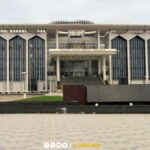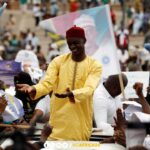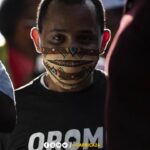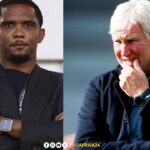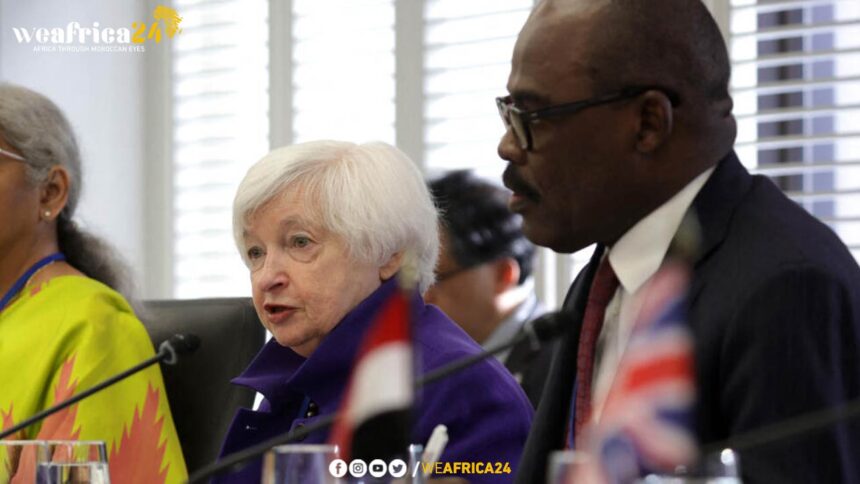The International Monetary Fund (IMF) has approved the disbursement of the sixth and final tranche of a $1.5 billion economic aid package for the Democratic Republic of Congo (DRC), marking the successful completion of a program initiated in 2021. This milestone is a first for the DRC, demonstrating the country’s commitment to economic reforms. Concurrently, the Central Bank of Congo announced a new 20-year program with the IMF, valued at approximately $1 billion.
In early July, the DRC government received the final installment of $224.7 million, concluding the $1.5 billion aid plan. This came after Congolese authorities requested an Extended Credit Facility (ECF) from the IMF. The ECF provides medium-term financial assistance to low-income countries and is repayable over ten years. According to Alain Difumba, a director at the Central Bank of Congo (BCC), these funds will facilitate significant economic reforms.
In May, the Congolese government and the IMF reached an agreement for a new aid package under the Resilience and Sustainability Facility (RSF). This 20-year loan will support reforms aimed at mitigating risks associated with climate change and pandemics, which have substantial macroeconomic impacts. Additionally, the RSF will help bolster financial reserves to address long-term structural challenges.
Details regarding the conditions and exact amount of this new financing are still being finalized. However, an IMF source indicated that the loan could amount to approximately $1 billion, contingent on the DRC’s reform commitments and economic performance.
The IMF praised the DRC’s efforts in a challenging macroeconomic environment, exacerbated by the humanitarian crisis in the eastern part of the country. Despite these difficulties, the DRC has maintained prudent macroeconomic policies and improved domestic revenue mobilization, which remains sensitive to international commodity price fluctuations. The DRC is rich in tantalum, tin, tungsten, and gold, all crucial for the production of smartphones and other electronic devices.
This recent IMF approval and the forthcoming loan agreement underscore the international community’s support for the DRC’s ongoing economic transformation. The new RSF loan aims to enhance the country’s resilience against global economic shocks, particularly those arising from environmental and health crises. By securing long-term financial stability, the DRC can focus on sustainable development and economic growth, leveraging its vast natural resources to benefit its population.
As the DRC embarks on this new phase of economic partnership with the IMF, the successful implementation of the proposed reforms will be critical. The focus will be on strengthening institutional frameworks, enhancing transparency, and ensuring that economic gains translate into tangible improvements in the lives of Congolese citizens.


